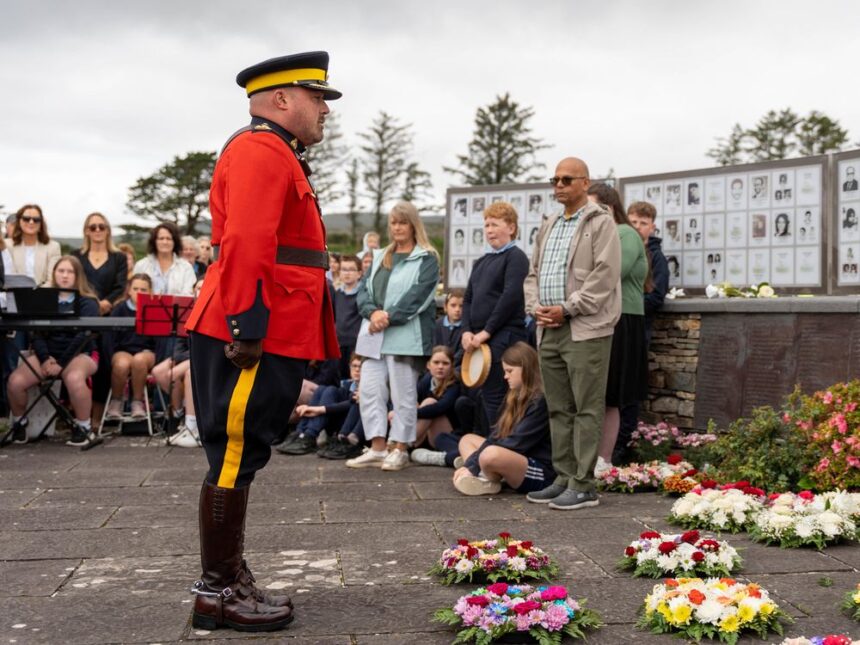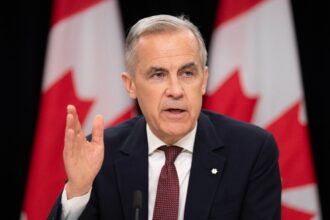In a significant development that closes another chapter in Canada’s deadliest terrorist attack, police have confirmed that a key suspect in the 1985 Air India bombing has died. The man, known only as “Mr. X” in court documents, passed away before facing justice for his alleged role in the attack that killed 329 people, mostly Canadian citizens.
The revelation comes as Canada approaches the 40th anniversary of the bombing of Air India Flight 182, which exploded off the coast of Ireland on June 23, 1985. The tragedy, which claimed 280 Canadian lives, remains the largest mass killing in Canadian history and continues to haunt survivors and victims’ families decades later.
“The confirmation of this suspect’s death represents both closure and renewed pain for many families,” said Rupinder Bains, whose sister perished in the attack. “While there’s some relief knowing that investigators continued pursuing leads, there’s immense frustration that full justice was never achieved.”
The Royal Canadian Mounted Police (RCMP) in British Columbia have been tight-lipped about specific details surrounding “Mr. X,” citing ongoing investigative concerns. However, sources close to the investigation confirmed to CO24 Canada News that the suspect had been under surveillance for years before his death.
The bombing was allegedly carried out by Sikh extremists seeking revenge against the Indian government for its 1984 storming of the Golden Temple in Amritsar. Only one person, Inderjit Singh Reyat, was ever convicted in relation to the bombing, receiving a perjury sentence for lying during the trial of two other suspects who were ultimately acquitted.
Former RCMP Commissioner Bob Paulson told CO24 News that the Air India investigation remains one of Canada’s most complex counter-terrorism cases. “The international dimensions, the technological limitations of the era, and the politically sensitive nature of the case created unprecedented challenges for investigators,” Paulson explained.
The Air India Victims’ Families Association has consistently criticized Canadian authorities for investigative failures and what they perceive as institutional indifference toward a tragedy affecting predominantly South Asian Canadians. A subsequent public inquiry led by former Supreme Court Justice John Major identified significant intelligence shortcomings that might have prevented the attack.
“We’ve spent four decades watching suspects die of old age while waiting for justice,” said Susheel Gupta, who lost his mother in the bombing. “This news about ‘Mr. X’ is another reminder of how the Canadian justice system failed the victims.”
Security experts interviewed by CO24 World News suggest that the investigation faced unique challenges, including limited forensic technology in the 1980s, jurisdictional complexities spanning multiple countries, and witness intimidation within tight-knit communities.
As Canada prepares to mark the 40th anniversary of this national tragedy next year, questions persist about whether all responsible parties will ever face justice. The death of “Mr. X” diminishes those prospects further, leaving families to grapple with the reality that complete closure may remain eternally elusive.
What does it say about our national commitment to justice when four decades after Canada’s deadliest terrorist attack, key suspects continue to evade accountability until death ultimately intervenes?


















